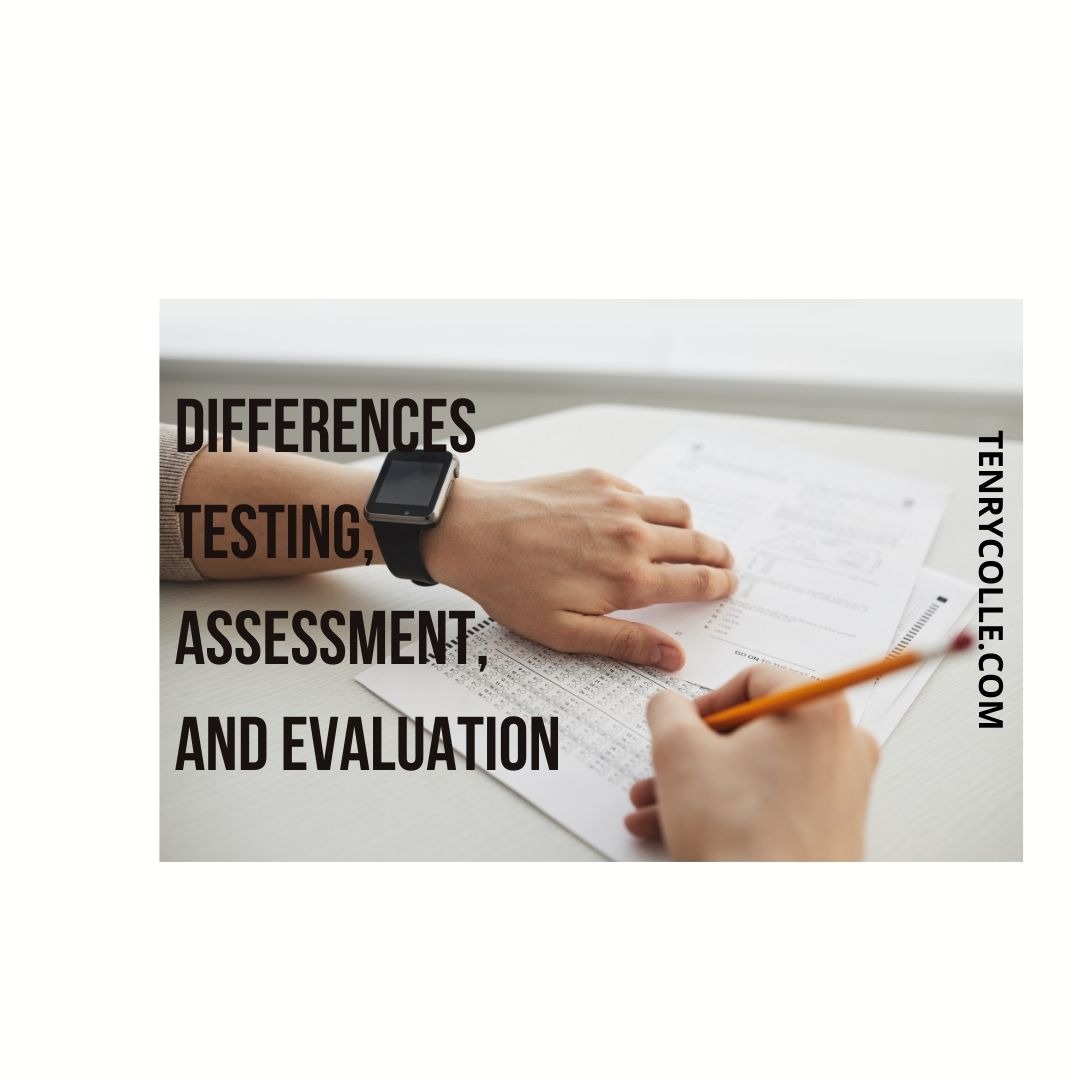Tenrycolle.com
What better to do than, share your English knowledge with other people
What better to do than, share your English knowledge with other people
What better to do than, share your English knowledge with other people

Cronbach et al. (1970), evaluation means the systematic examination of events occurring and consequent on a contemporary program. An examination is conducted to assist in improving this program and other programs with the same general purpose.
Tuckman (1975), evaluation is a process wherein the parts, processes, or outcomes of a program are examined to see whether they are satisfactory, particularly regarding the stated objectives of the program, our expectations, or our standards of excellence.
Evaluation is a process of collecting, analyzing, and interpreting information about teaching and learning to make informed decisions that enhance student achievement and educational programs (Rea-Dickens & Germanie, 1993; Genesee & Upshur, 1996; O’MallyO’Mally).
Thorpe (1993), evaluation is the collection analysis and interpretation of information about training as part of a recognized process of judging its effectiveness, its efficiency, and any other outcomes it may have.
Evaluation is a process that includes five essential components: